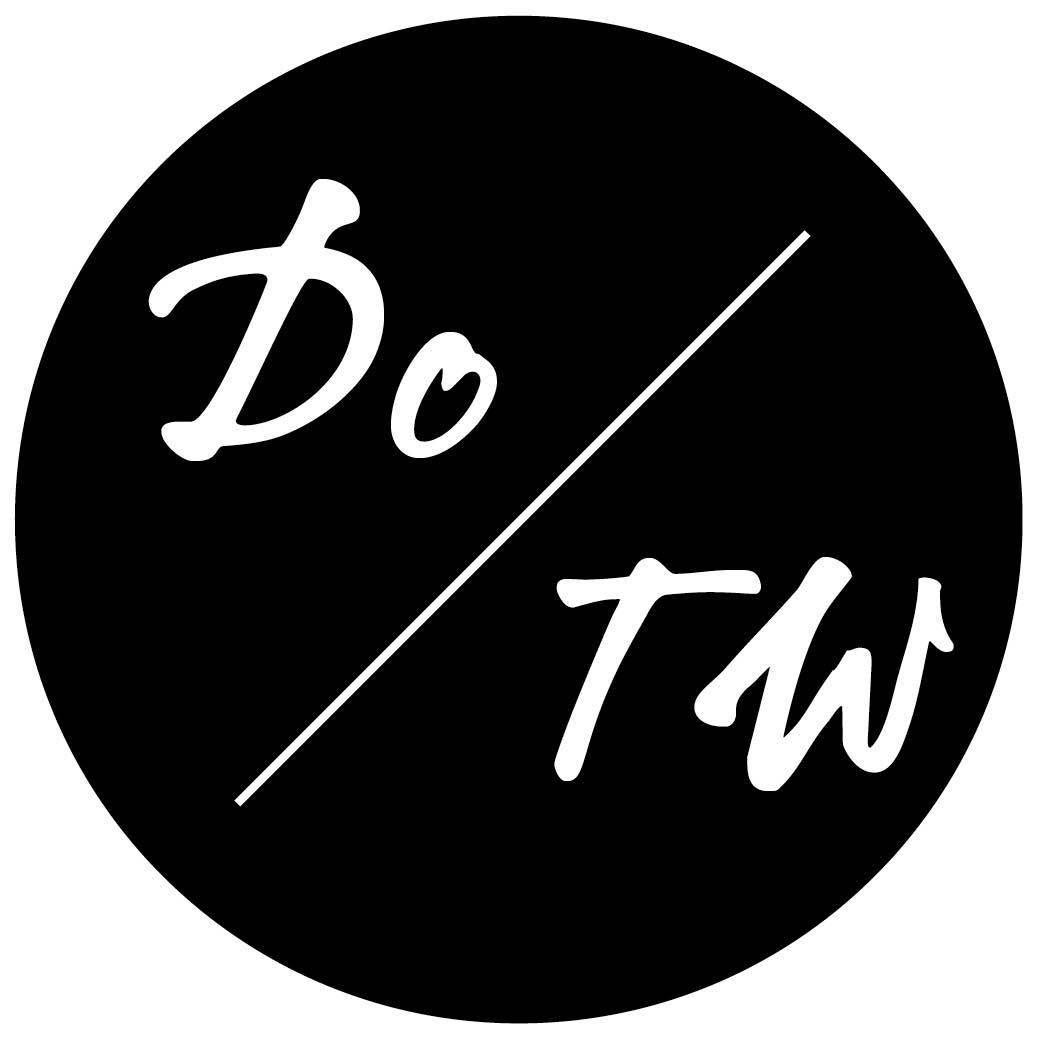Join Us at Early-Bird Prices for Our Winter Retreats to Up Your Skills, Surround Yourself with Other Hard-Working Travel Writers, and Spend the Winter Somewhere Cozy

Our retreats at our private location in New York’s Catskill mountains are not conferences. They aren’t workshops. And they aren’t classes. They’re retreats.
We’ve decked out the space with everything you need to get your focused-writer on, including:
- workplaces for all moods, from desks with huge windows looking out on nature to comfy, sink-in chairs for snuggling in to couches piled with pillows and blankets (hey, it’s winter!) and an actual pub
- thousands of magazines to get your pitch-idea juices flowing and inspire you with top-tier writing
- hundreds of books on the craft and commerce of writing along with the tomes from the top travel writers in the world to help un-stick your writers block
- all of the coffee, espresso, and tea
And you experience all of those things whenever you want on your own with our Creative Residency Program.
So when we do a retreat, we kick things up the personalization in five big ways:
- All of our retreat content is focused on exactly where you are. I literally present the programs differently each and every time, taking into account the skill and travel knowledge backgrounds of each individual present that week or weekend.
- Our retreats are kept uber-small so it’s not possible for you to get lost along the way. This group size allows me to constantly check in that the concepts we’re discussing are hitting home with each and every person there, and revisit, re-explain, or further break things down so that each person moves through the content with the group. No writer left behind.
- You get one-on-one time to dig really deep down into what YOU are stuck on. In each of our weekend and week-long retreats, you get one-on-one time (typically two one-on-one) to make massive progress quickly, in the middle of our educational content, so that we can slough off wherever you’re stuck and get you charging through to completing your goal for the week or weekend.
- We focus on the experiential. As we move through the information covered in each event–whether focused on building your business, working with magazines, learning how to be a travel writing in the field, or building your own travel content marketing gigs–we heavily alternate between hearing, doing, and discussing. In medical school, they have an maxim, “See one; do one; teach one,” that allows them to level up their students quickly through difficult tasks, and we give it the travel writing treatment. If I were to just teach you what to do and let you go home and (hopefully find the time and then) try it, you would never making nearly as much progress, if any at all, as you do by hunkering down to give something a try right away and then discussing what did and didn’t work and why so you’re prepared and patterned with how to do something the right way when you do get home.
- You learn from a multitude of experiences. While we alternate learning by knowledge acquisition (listening) and learning by doing (exercises), the sharing time our small group size allows is also a crucial part of expanding your horizons and sparking new ideas. As you listen to how your peers have dug differently into the exercises based on their life, work, and travel backgrounds, your pre-conceptions about how things should or need to be done will naturally expand, showing you more ideas for yourself that fit you.
We’ve currently got early-bird pricing (more than 25% off!) for four of our events coming up this winter.
![]()
Nov 30-Dec 2, 2018: Travel Writing Business Mastermind Retreat
This very special event will take a deep dive on how you run the business portion of your freelance travel life in a higher-level approach to our programs like IdeaFest and Pitchapalooza, which focus singularly on an individual part of the marketing process, or TravelContentCon, which firmly divides the freelance pie between editorial and content marketing writing.
Expanding on the work that we go through in our afternoon Freelance Travel Writing Master Class events (you can check out the schedule and content of one of those here), we will dedicate this weekend to a deep planning and reflection process for your business, similar to our year-end review followed by a pen-to-paper planning process to sketch out exactly which steps you will take when to get your business where you want it to be, from:
- negotiating raises or additional work from on-going clients
- systematically pitching both editorial and content marketing work to create long-term relationships with the most minimal marketing involvement
- leveling up from “plateau” markets you’ve gotten stuck writing for in which your skills are increasing but there’s no way for the pay and opportunities to follow suit
This event is specifically for freelance travel writers who:
- are currently freelancing full-time (even if it’s not 100% travel)
- are actively freelancing part-time and planning to transition to full-time this year
Don’t worry how much you are or aren’t making—the important thing to apply the work from this event is that freelance is or will soon be your primary income source.
Jan 18-20, 2019: Pitchapalooza
Pitching is the single best way to up your portfolio and income; get all of your questions answer and 25 ideas workshopped into polished pitches. If you know you can write and get good feedback from the editors you’re already working with but are having trouble moving up to bigger and better markets and stories, this event is for you.
In one intense weekend, a small group of writers will learn everything there is to know about pitching travel magazines and put together 25 polished pitches ready to send to editors on Monday morning.
The workshop includes nine modules, each with multiple exercises to make sure you put what you’re learning into action and walk out of the workshop with pitches ready to send to travel magazine editors:
- Module 1: What is an article idea? How do you know when/if you have a good one?
- Module 2: How do we polish raw ideas into something suitable to pitch to a publication?
- Module 3: The magazine landscape and how to analyze a magazine so it creates ideas for you.
- Module 4: How to match your article ideas to magazines for the best fit (and most successful pitches!).
- Module 5: The beginning of the perfect pitch: how to grab an editor’s attention.
- Module 6: The tease: how to give an editor just enough information about your idea to want more.
- Module 7: Showing an editor why you are the perfect person to write this article.
- Module 8: How to consistently write 15-minute pitches by not falling off the research cliff.
- Module 9: Keeping up the momentum at home: finding the right ways to fit pitching into your life.
Please note that as IdeaFest is now a pre-requisite for this event, access to the At-Home IdeaFest Program is included in registration for this event and should be completed before the Pitchapalooza.
January 25-27, 2019: TravelContentCon
Last year’s TravelContentCon attendees killed it pumping out pitches after this event last August. If you’ve been telling yourself it’s time to:
- double down on your recurring income
- transition from one-off or non-contract blogging work to more stable relationships
- figure out what travel content marketing looks like for you and how to get a piece of the pie
…this event—built entirely on action and start-to-finish travel content marketing planning for what will work best for you personally—is for you.
The travel writers who come together in the Catskills for this intensive week will not just learn:
- the special sauce they have with a combination of their travel and work backgrounds that will make them irresistible to clients
- what type of companies to target that will be happy to sign a deal right away
- the stats that intrigue enough to get a response to cold email pitches
- the soft skills that make prospective clients feel like they can’t imagine their next marketing season without you after just one call
- why your post-call proposal is one of your single most important sales opportunities and how to ace it
- how to counter the most common objections clients have about hiring freelancers for content marketing–and when to know that those objections are a warning sign that you show run rather than woo
The workshop includes eight modules mixing learning with doing to make sure that you leave the weekend with everything you need to land travel content marketing writing gigs right away:
- Module 1: The ocean of opportunities; expanding your mind to know what your options are before we narrow your specialty.
- Module 2: How does your work background uniquely prepare you for travel content marketing? A skill evaluation to find your most lucrative offerings.
- Module 3: Packages and packaging; what will you offer your clients and how will you present it? We work together to create your content marketing web copy and look.
- Module 4: Target practice: compiling the criteria for your personal prospect list and working through red herrings as a group until you’re confident you can tell a winner from a time sucking PITA (pain-in-the-a$$) client.
- Module 5: Your perfect pitch–both written and verbal. How to snag your fish by email and then reel them in.
- Module 6: Polishing your proposals; how to craft lines that sell for you once you’ve dazzled them on your call.
- Module 7: Don’t get caught on the close; working through every snag in your game that might keep clients from signing on the dotted line.
- Module 8: Your step-by-step action plan; designing the timeline of your travel content marketing success.
Feb 3-9, 2019: Freelance Travel Writing Week-long Bootcamp
A brand new offering unlike any other travel conference or workshop aimed at those new to publishing their travel writing in print publications.
Running from Sunday evening through the following Saturday afternoon, each morning we’ll cover idea generation, research techniques, and pitching fundamentals in group lessons, one-on-one coaching, and exercises, and in the afternoon, we’ll head out to visit wineries, ground-breaking museums, and historic sites from the dawn of the nation to put your new skills to use in the field, followed by a debrief over dinner.
In addition to walking away with the tool kit you need to pitch, research, and write travel articles, you’ll also leave with a personal plan to grow your travel writing income and portfolio and transition into full-time freelance travel writing if you’re currently in another career. We’ve scheduled this event in February so we can have some of the Hudson Valley’s top attractions to ourselves during the tourist low season.
The workshop includes twelve modules, each with multiple exercises to make sure you put what you’re learning into action and walk out of the workshop 100% prepared and confident to come up with dozens of magazine article ideas and successfully, efficiently, and effectively translate them into pitches and articles:
- Module 1: Why are we all here? What sort of magazines need writers today? Which ones are worth working with? Why and how are editors using freelancers today?
- Module 2: What do you each as individuals have to bring to travel magazines? Who should you be targeting? The magazine landscape and your place in it.
- Module 3: How magazines are laid out; how to analyze them on your own or using the Travel Magazine Database; what sections to target, why, and when.
- Module 4: How do you know when you have a good article idea? One that editors will buy? And how to make sure it happens every time with a proven fit-check formula.
- Module 5: Finding stories in the real world; how to approach our daily outings and your own research on the road to find the most and best stories.
- Module 6: Journalistic detail; the secret to stellar pitches and stories and how to get it.
- Module 7: The secrets of outstanding interviews; how to be the one who gets much better information than everyone else on your trip every time and turn each interview into a dozen stories.
- Module 8: The components of the perfect three-part pitch; don’t bury the lead. Once you’ve got the process for finding it in the road down, you won’t shy away from this “difficult” part of pitching again.
- Module 9: The components of the perfect three-part pitch cont.; the “easy” parts that write themselves.
- Module 10: Journalistic detail; finding the feature thread and why you don’t need to shy away from pitching these “big fish” pieces.
- Module 11: Letting your pitch and research write your article for you; structuring front-of-book pieces and departments.
- Module 12: The speedy professional’s way to piece together a feature based on things you’ve already “written:” interview notes, scenes from trips, and background research. The secret formula’s that let these pieces write themselves.
Where is the retreat center?
The address will be released to attendees after registration. It is in a village in the town of Warwarsing, New York.
How do I get to the retreat center?
There are two ways to reach our location:
- Private vehicle (1.5 hours from Manhattan)
- Direct bus from Port Authority in Midtown West to the town of Ellenville (2.5 hours, departing 5:30 from Port Authority and arriving right in time for dinner on Friday)
Early-bird prices are exclusive for our newsletter subscribers, who also get all of the new travel-writing jobs each week in their inbox.

